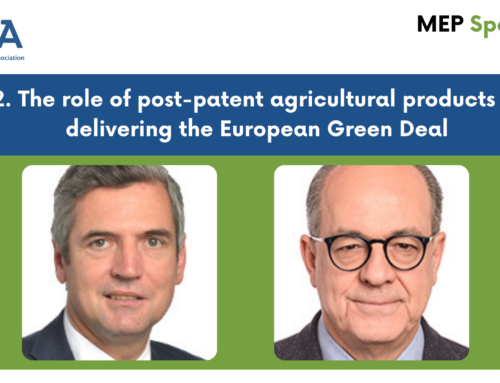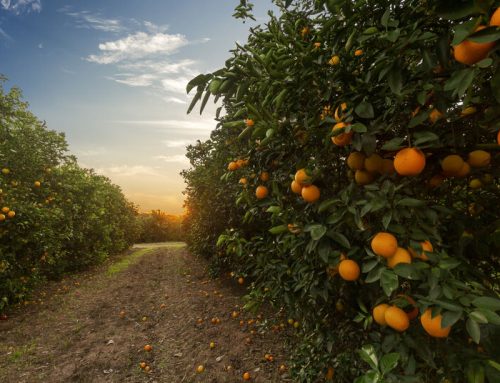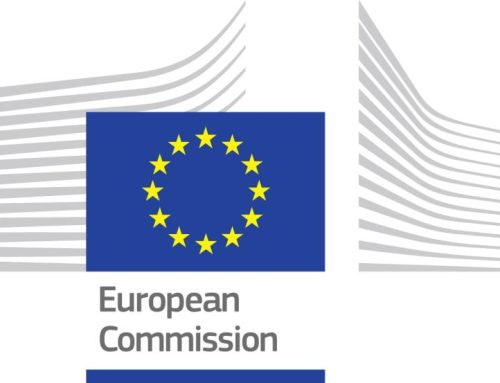MEP Spotlight | Agriculture in the European Parliament: biggest successes and missed opportunities?
Leading up to the European Parliament elections in June, we have sat down with Paolo De Castro and Herbert Dorfmann, MEPs representing the Progressive Alliance of Socialists and Democrats and the European People’s Party (Christian Democrats), respectively. Please see below the first, out of five questions, we asked to the MEPs.
Given the significant changes in Europe and globally since 2019 when this European Parliament term commenced, in your opinion what are the Parliament’s most significant achievements, and conversely, what opportunities have been missed, regarding agricultural issues?
MEP De Castro:
The European Parliament has always been listening to our farmers, without the need for any strategic dialogue: most recently with the new regulation on New Genomic Techniques, for which we approved the first green light. A second building block of the current legislative term is the new Regulation on the protection and promotion of Geographical Indications, strengthening the role of producer groups in defending the economic value of these productions, which will be a driving force for the development of our quality supply chains and rural territories.
However, during this legislative term, the perception of a European Union that is the enemy of the productive categories and in particular of agriculture has, for the first time, matured among farmers. After thirty years of investment, thanks to which our agri-food sector has grown so much that it is unparalleled in the world in terms of quality, sustainability and respect for workers’ rights, the impression that we want to move from the pursuit of ideal goals, to ideological goals, is gaining ground. This is a consequence of the fact that no plan to accompany farmers in the transition to new production models has been put in place, through European policy instruments. Following the presentation of the Green Deal and the Farm to Fork strategy, we have not been able to build a project that fully involves European agriculture and makes it a true protagonist of the green transition, and not an imputed one. However, as we have repeatedly stressed, without the convinced participation of our farmers and the entire European agri-food system, any prospect of climate neutrality and climate change mitigation becomes unfeasible.
With the next legislature, we have the opportunity and the obligation to put in place new and decisive policies to accompany European farmers in the ecological transition, without sacrificing productivity: artificial intelligence, precision agriculture, sustainable biotechnology, agroenergy are some of the interventions with respect to which we expect a stimulus from the upcoming European policies.
MEP Dorfmann:
Despite the unpredictable developments of recent years, the current Common Agricultural Policy is undoubtedly a major achievement. It is a much-needed reform that is still relevant today.
I would then like to emphasise that the pandemic and the war in Ukraine have led to a radical shift, bringing the issue of food security to the forefront of political and public debate. For too long, indeed, food security had been overlooked and given insufficient attention. This shift has paved the way for a more pragmatic agricultural policy, that takes into account sustainability in all its dimensions, not only environmental but also economic and social.












